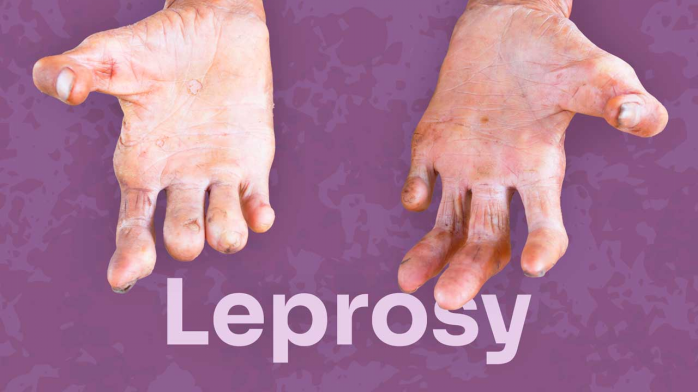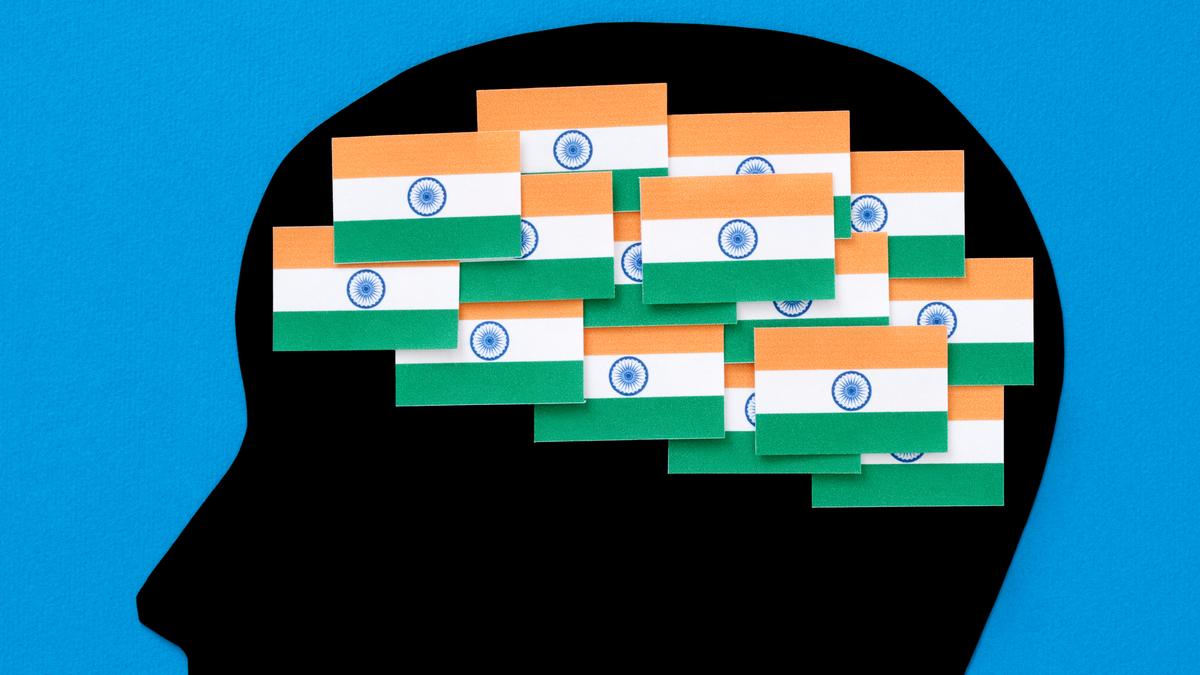- Courses
- GS Full Course 1 Year
- GS Full Course 2 Year
- GS Full Course 3 Year
- GS Full Course Till Selection
- Answer Alpha: Mains 2025 Mentorship
- MEP (Mains Enrichment Programme) Data, Facts
- Essay Target – 150+ Marks
- Online Program
- GS Recorded Course
- Polity
- Geography
- Economy
- Ancient, Medieval and Art & Culture AMAC
- Modern India, Post Independence & World History
- Environment
- Governance
- Science & Technology
- International Relations and Internal Security
- Disaster Management
- Ethics
- NCERT Current Affairs
- Indian Society and Social Issue
- NCERT- Science and Technology
- NCERT - Geography
- NCERT - Ancient History
- NCERT- World History
- NCERT Modern History
- CSAT
- 5 LAYERED ARJUNA Mentorship
- Public Administration Optional
- ABOUT US
- OUR TOPPERS
- TEST SERIES
- FREE STUDY MATERIAL
- VIDEOS
- CONTACT US
Rights of Persons with Disabilities Act, 2016 (RPwD Act)
Rights of Persons with Disabilities Act, 2016 (RPwD Act)
24-04-2024
The Supreme Court of India recently expressed concern over the slow and inadequate implementation of the Rights of Persons with Disabilities Act, 2016 (RPwD Act) across the country.
Key Points of the RPwD Act:
- Enacted in 2016 and came into effect on April 19, 2017.
- Replaced the Persons with Disabilities (Equal Opportunities, Protection of Rights, and Full Participation) Act, 1995.
- Aims to ensure equal rights, dignity, and opportunities for persons with disabilities.
- Incorporates the rights of persons with disabilities covered under the United Nations Convention on the Rights of Persons with Disabilities (UNCRPD), to which India is a signatory.
- Defines disability as an evolving and dynamic concept.
- Expands the types of disabilities from 7 to 21, with the Central Government having the power to add more.
- Includes disabilities such as Leprosy Cured Person, Cerebral Palsy, Acid Attack Victims, Blindness, Deaf, Specific Learning Disabilities, Autism Spectrum Disorder, Parkinson’s Disease, Haemophilia, etc.
- Defines "benchmark disabilities" as those with at least 40% of the specified disabilities.
Rights and Entitlements:
-
Responsibilities upon Governments: governments must take effective measures to ensure equal rights for persons with disabilities.
-
Additional Benefits: Enhanced benefits for persons with benchmark disabilities and those with high support needs.
-
Free Education: Every child with a benchmark disability between 6 and 18 years has the right to free education.
-
Reservation in Education: 5% reservation in seats in Government and Government-aided higher educational institutions for persons with benchmark disabilities.
-
Accessibility: Emphasis on ensuring accessibility in public buildings (both Government and private).
-
Reservation in Government Jobs: 4% reservation in Government jobs for certain persons or class of persons with benchmark disability.
-
Guardianship: Provisions for the grant of guardianship by the District Court or designated authority.
-
Advisory Boards: Creation of Central and State Advisory Boards on Disability as policy-making bodies.
-
Regulatory Bodies and Grievance Redressal: Strengthening of the Office of Chief Commissioner of Persons with Disabilities and State Commissioners of Disabilities to act as regulatory bodies and grievance redressal agencies.
-
Financial Support: Establishment of National and State Funds to provide financial support to persons with disabilities.
Penalties for Offences:
-
Punishments for Offenses: Penalties for offenses committed against persons with disabilities and violations of the provisions of the RPwD Act.
-
Imprisonment and Fines: Violators of the Act, rules, or regulations can face imprisonment of up to 6 months and/or a fine of Rs 10,000. Repeat offenders may be imprisoned for up to 2 years and/or fined between Rs 50,000 and Rs 5 lakh.
-
Protection Against Exploitation: Intentional insults, intimidation, or sexual exploitation of persons with disabilities, especially women and children, are punishable with imprisonment ranging from 6 months to 5 years and a fine.
-
Special Courts: Designation of Special Courts in each district to handle cases concerning violations of the rights of persons with disabilities.
FAQs:
Q: What is Leprosy?

Leprosy, also known as Hansen's disease, is a chronic, mildly infectious bacterial disease caused by the bacteria Mycobacterium leprae. It can affect the skin, nerves, eyes, and lining of the nose. Leprosy can occur at any age, from early childhood to old age.
Symptoms include:
- Large, discolored lesions
- Flat, discolored patches of skin
- Growths (nodules)
- Thick, stiff, or dry skin
- Painless ulcers on the soles of the feet
- Painless swelling or lumps on the face or earlobes
- Loss of eyebrows or eyelashes
- Disfiguring skin sores, lumps, or bumps that don't go away after several weeks or months
Leprosy is transmitted through droplets from the nose and mouth during close and frequent contact with untreated cases. The best way to prevent leprosy is to avoid long-term, close contact with an untreated person who has the infection.
Must Check: Best IAS Coaching In Delhi



